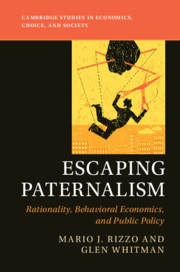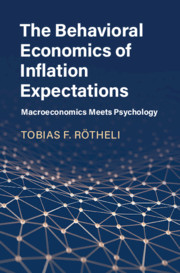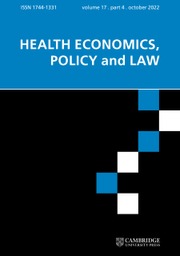Escaping Paternalism
The burgeoning field of behavioral economics has produced a new set of justifications for paternalism. This book challenges behavioral paternalism on multiple levels, from the abstract and conceptual to the pragmatic and applied. Behavioral paternalism relies on a needlessly restrictive definition of rational behavior. It neglects nonstandard preferences, experimentation, and self-discovery. It relies on behavioral research that is often incomplete and unreliable. It demands a level of knowledge from policymakers that they cannot reasonably obtain. It assumes a political process largely immune to the effects of ignorance, irrationality, and the influence of special interests and moralists. Overall, behavioral paternalism underestimates the capacity of people to solve their own problems, while overestimating the ability of experts and policymakers to design beneficial interventions. The authors argue instead for a more inclusive theory of rationality in economic policymaking.
- Offers a thorough analysis of the normative basis of standard economic rationality
- Provides a reassessment of the empirical evidence of cognitive biases
- Evaluates the policy proposals of behavioral economics
Reviews & endorsements
'Taking issue with the narrow norms of rationality in much of behavioral economics, this remarkable book argues in favor of an inclusive concept of rationality and is one of the first to cover the full range of relevant empirical evidence from psychology. Escaping Paternalism promotes a serious attempt to understand why people do what they do.' Gerd Gigerenzer, Director of the Harding Center for Risk Literacy, Max-Planck-Institut für Bildungsforschung, Berlin
'Mario J. Rizzo and Glen Whitman have written an incisive yet accessible critique of the dominant strain of behavioral economics associated with Daniel Kahneman, Richard Thaler and Cass Sunstein. Rizzo and Whitman are wise enough to know that human beings, with quirks and practices, are ‘people, not puppets’. Yet they show how classical liberal principles of governance do far better in organizing social arrangements than the various forms of soft paternalism now in vogue with so many behavioral economists.' Richard Epstein, Laurence A. Tisch Professor of Law, New York University
'Mario J. Rizzo and Glen Whitman present a powerful and well-documented critique of behavioural economists’ justifications of paternalism. They argue convincingly that these justifications illegitimately presuppose that rational-choice theory is a normative standard. Inspired by the psychology of Gerd Gigerenzer, they offer a more pragmatic and ‘ecological’ understanding of human rationality.' Robert Sugden, University of East Anglia
Product details
January 2020Paperback
9781108760003
506 pages
228 × 157 × 27 mm
0.73kg
3 b/w illus.
Available
Table of Contents
- 1. Introduction: puppets and puppet masters
- 2. What is rationality?
- 3. Rationality for puppets
- 4. Preference biases
- 5. The rationality of beliefs
- 6. Deficient foundations for behavioral policymaking
- 7. Knowledge problems in paternalist policymaking
- 8. The political economy of paternalist policymaking
- 9. Slippery slopes in paternalist policymaking
- 10. Common threads, escape routes, and paths forward
- References
- Index.




